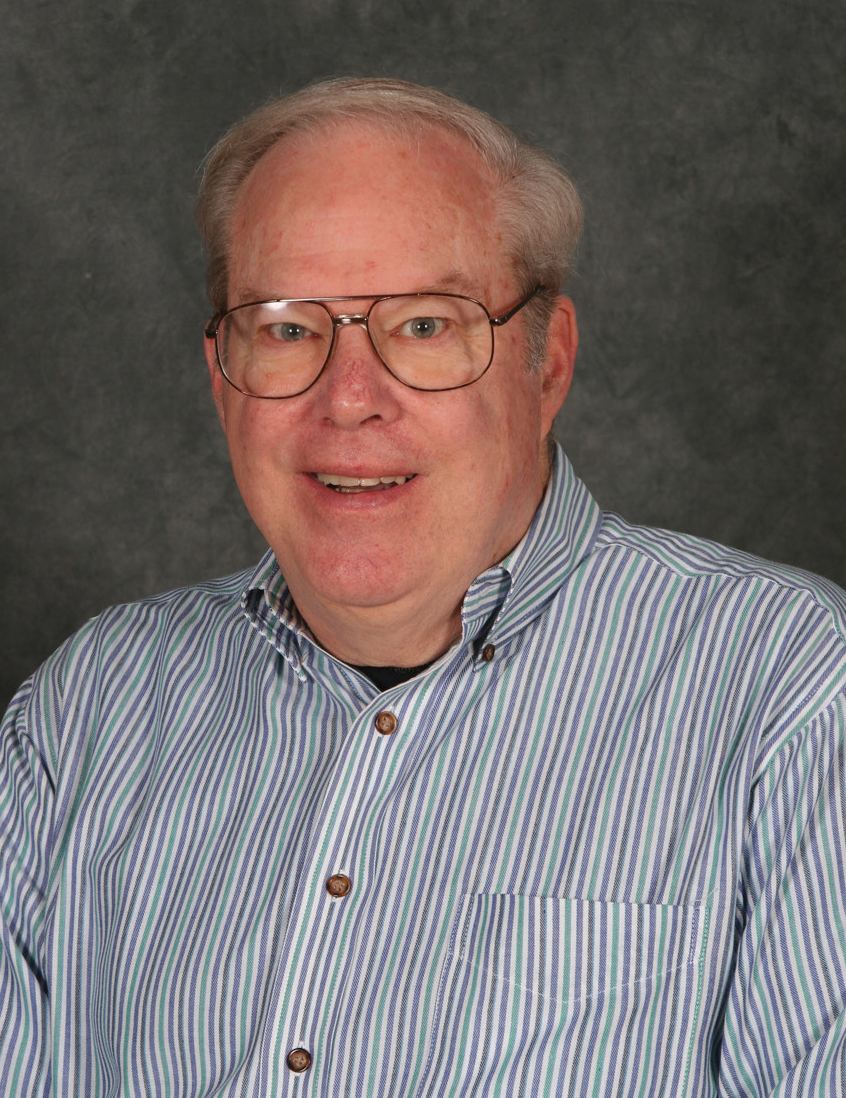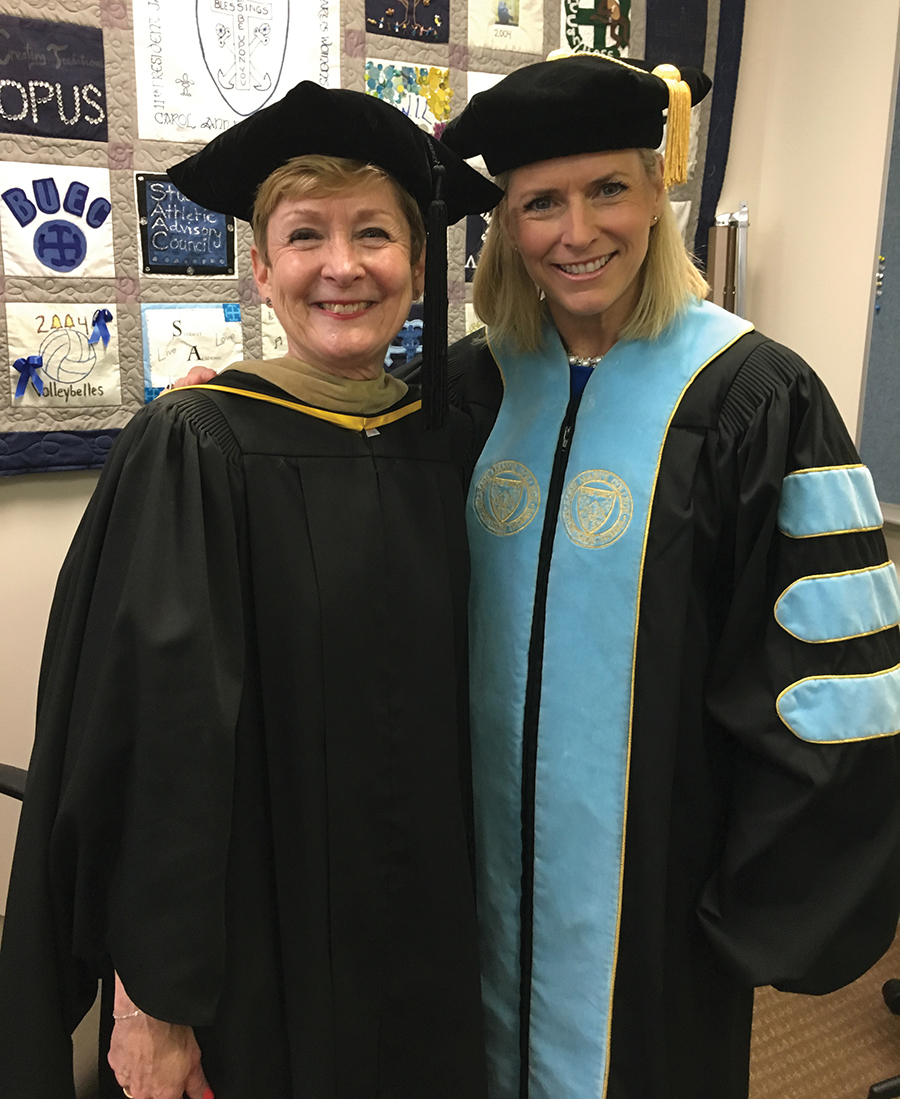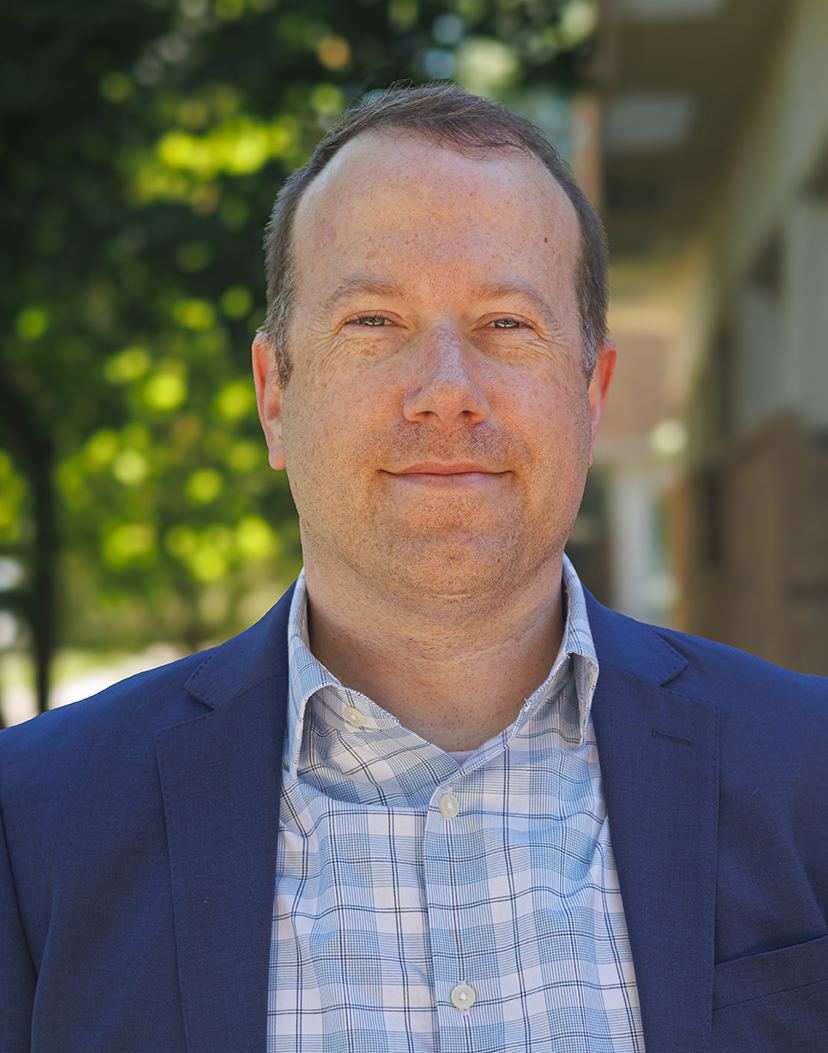Celebrating 50 Years of the Department of Business Administration and Economics
1975 was a landmark year for women. Margaret Thatcher became the first woman to lead a major political party in the United Kingdom; Judy Collins’ Send in the Clowns earned a Grammy; the United Nations declared it International Women’s Year; The U.S. Supreme Court ruled that states could not systematically exclude women from jury service; and, at Saint Mary’s College, another ceiling cracked open with the founding of the Department of Business Administration and Economics.
This year, 2025, marks 50 years of its establishment, excellence, and dedication to preparing women for a rapidly changing society.
The ’70s marked an era of transformation for Saint Mary’s. In 1972, Dr. Edward L. Henry became the College’s seventh—and both first lay and male—president. Between 1972 and 1974, Henry propelled the College forward by establishing the Department of Business Administration and Economics and the Department of Psychology. Dr. Henry’s primary objective was to provide students with career orientation within a liberal arts curriculum.
To make that vision real, the College hired professor and now emeritus member of the Board of Trustees William Schmuhl; in 1976, Schmuhl became chair of the new department. Schmuhl, a practicing attorney and financial consultant in South Bend, recalls that at the time, the program was largely “stenographic.”
A stenographic program, he explained, meant training women to be secretaries— a traditional role for women in business at the time. “But society was moving away from business programs training women to be the notetakers to something much more substantive,” Schmuhl said.
He saw potential for a program rooted in structure and professionalism. “I thought there was a lot more progress that could be made,” he said. “Saint Mary’s was making progress, but what the program needed was direction, and that was what I was able to provide.”

Schmuhl spent two years establishing a formal curriculum that opened new career opportunities for students. Part of that growth included finding Claude Renshaw.
Renshaw joined the faculty in January 1977 and soon took the reins when Schmuhl left to return to the private sector. Schmuhl had built the framework; Renshaw brought the movement the department needed. He focused on finding the right people and creating opportunities for students beyond the classroom. One key initiative was an annual departmental trip to Chicago. These trips encouraged Saint Mary’s women to connect with accounting firms and alumnae in the field, helping them see themselves as equals in the business world.
Together, Schmuhl and Renshaw laid the foundation for the many successes the department has celebrated over the past 50 years. In the years that followed, leadership evolved, but the mission remained constant: prepare women to lead in a changing business landscape. Among those who carried that torch was Mary Ann Merryman, who joined the faculty in 1983 after Renshaw’s persistent invitations to teach.
A veteran of public accounting, Merryman had never planned on a teaching career. She joined the faculty after working in the corporate offices of the Sisters of the Holy Cross; it was the Sisters who encouraged Merryman to continue her studies and receive a master’s degree. Merryman served as department chair from 2012 to 2019 and retired in 2020. “There’s a lot to be proud of in terms of what’s happened in [the department],” Merryman said. “The ultimate success story comes from the success and satisfaction of our students. There was fluctuation in terms of personnel, but what always remained the same was the focus on the success of our students.”
For Merryman, the department’s work carried personal significance. As a young professional, she was the only woman in her office who was not a secretary. “It was a very different environment, and I so appreciated the fact that I could be a role model for young women at Saint Mary’s. Helping to build them up helped build me up.”
“The ultimate success story comes from the success and satisfaction of our students.”
- Mary Ann Merryman
That sense of mentorship and mission continues today under Jim Rogers, who will retire at the end of the 2025–2026 academic year. Rogers has led, taught, and mentored a new generation of women in business while ensuring the department remains true to its mission.
Rogers finds the collaborative energy among his students is powerful, and that they are just as serious about learning from each other as from their coursework.
For Brigid Burke Gilmore ’88, that collaborative energy was nearly palpable, and played a key role in her decision to pursue her MBA. “There was just something about being part of a class of diverse thinking, a challenging study group, a laughter-filled breakfast discussion, and at a soul fulfilling Sunday night dorm mass with smart, compassionate, caring, motivated and funny young women that set me on a great course,” she said. Gilmore eventually landed in marketing and sales at Nestle, USA, Inc., a global brand from which she retired in 2018 after more than 25 years.
Gilmore shared it was business professor (now emeritus) Jill Vihtelic who made the biggest impact on her time at Saint Mary’s. “She encouraged me to pursue my masters in business administration after graduation, and wrote me a letter of recommendation for all of my business school applications,” Gilmore said. “Without her encouragement and support, I would not have attended Booth School of Business.”
While at Saint Mary’s, Gilmore also gained an appreciation for international travel and other cultures while living in Japan her junior year at Saint Mary’s. “I knew then that I would pursue a career at an international company, and am so blessed that I was able to enjoy a long career working with great people,” she said. “My husband of 26 years and two daughters also had the opportunity to join me on trips to Europe throughout my career. I would strongly encourage all Saint Mary’s women to pursue any type of study abroad program. The more we engage with others, with other cultures, with other points of views, with other religions, the better we will all become.”
That same spark of discovery which defines Saint Mary’s students today also lit for Allison Koenig McLean ’98. After graduating in 1998 with a double major in Communications and Sociology, McLean spent more than 26 years in advertising and media, with over a decade leading sales teams. She started as a media planner in Chicago, moved into editorial work, and then transitioned to sales and management at Getty Images. Today, McLean works at Amazon Ads, where she has been since 2014. There, she leads a team of 12, managing top enterprise consumer electronics accounts and global advertising revenue.

McLean recalls a formative moment at Saint Mary’s: sitting in Professor Bill Shannon’s class when an alum came to speak. “I walked straight out of that classroom and over to the registrar to add business as a major,” she said, laughing. “It just clicked.” Since Rogers arrived a decade ago, the department has embraced new fields and technologies. Courses in digital marketing, social media strategy, and AI in business now prepare students for industries that didn’t exist when the department began. This adaptability is part of the department’s DNA.
The evolution is embodied by Michaela Hauer ’27, a political science major with minors in Business and French, who spent the summer of 2025 conducting independent research on AI in recruitment and hiring. Supported by a Maryjeanne R. Burke and Daughters Pretenure Faculty SISTAR Grant and mentored by Associate Professor of Management Justin Feeney, Hauer explored how artificial intelligence is reshaping the hiring process.
“AI is rapidly developing and increasingly integrated into everyday life,” Hauer said. “I wanted to contribute to the academic understanding of this technology while deepening my own knowledge.”
Feeney described Hauer’s work as “an interdisciplinary lens on an emerging topic at the center of modern business.” He added, “AI is being used to write résumés and to read them. Applicants use it to generate applications, and employers use it to screen them.”
Their collaboration bridges student and faculty research, proof that the department continues to educate as well as respond to the needs of the times, simultaneously preparing women to lead.
For McLean, the same adaptability has helped her navigate the constantly changing business and economics career landscape. “Saint Mary’s taught me how to stay curious and keep learning,” she said. “Those lessons have carried me through every shift in the industry.”
Fifty years later, the Department of Business Administration and Economics continues to answer Henry’s question with action. The department—and this beloved College—remains a place that empowers, encourages, and challenges women to think, notice, and respond to the needs of the times.
A Business Student’s Research into Artificial Intelligence in Today’s Business World

Michaela Hauer ’27, a Saint Mary’s College political science major with minors in Business and French, spent the summer of 2025 conducting independent research on AI in recruitment and hiring. Supported by a SISTAR Grant and mentored by Associate Professor of Management Justin Feeney, PhD, Hauer explored how artificial intelligence is reshaping the hiring process.
Michaela, what are you working on?
I am conducting a systematic review of AI in recruitment and selection that contrasts the perspectives of applicants and organizational stakeholders. I am focusing on the period from 2015 to 2025, during which AI use in HR is shifting from novelty to routine, with approximately 25% adoption and increasing, as large firms scale up tools and regulators become more active. This systematic view is critical because AI is currently in the middle of a significant hype cycle where claims far exceed evidence, where published papers tend to focus on one stakeholder, and where authors tend to focus on only one area (e.g., HR or legal). I am trying to apply an interdisciplinary lens to a complex and emerging topic.
Professor Feeney, why is it important for Saint Mary’s students to engage with emerging topics like AI in recruitment?
The reality is that artificial intelligence is already transforming the recruitment landscape. Applicants are using AI to generate large volumes of “resume slop”, inundating employers with low-quality applications, which increases their need to use AI tools to screen them. It’s not just resumes. Practitioners who use pre-employment testing and remote interviews are noticing that applicants are using AI to augment or cheat during the application process, and of course, employers are also using AI to help with all parts of the assessment. All of this is to say, AI is here and Saint Mary’s students need to know how to interact with these tools if they want to be able to succeed in the world that is rapidly changing.
How does Michaela’s research support your scholarly work?
I am leading an international team of scholars, including Dr. Neil Christiansen from Central Michigan University, Chet Robie from Wilfrid Laurier University, Kabir N. Daljeet from the University of Montreal, and Patrick Dunlop from Curtin University, to explore how job applicants may leverage artificial intelligence to game pre-employment personality tests. We will examine how well applicants utilize AI to score favorably while simultaneously evading advanced psychometric and methodological techniques that detect and prevent applicant faking. Michaela’s project is a stepping stone for the literature review and introduction for this larger project.
Michaela, how does this project connect to your future career goals?
I am interested in pursuing business-related law, so understanding the current and emerging uses of AI, particularly in the workplace, is highly relevant. Gaining this knowledge has equipped me to think critically about legal, ethical, and practical considerations for businesses in the future. For young women entering the workforce, especially, developing an informed perspective on AI’s impact is essential.
November 18, 2025

